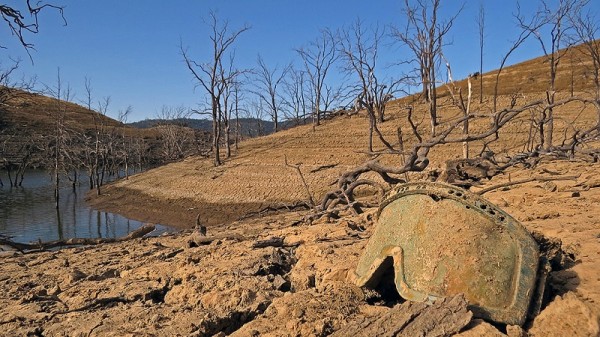California renews cooperation agreement with Japan to combat climate change

CALIFORNIA – California and Japan have agreed to strengthen their economic and trade relations to address climate change and accelerate the transition to clean, emission-free transportation.
California Governor Gavin Newsom recently held a meeting with Japan’s Ambassador to the United States, Koji Tomita, to strengthen economic cooperation and investment between the state and Japan to build on the commitment to address climate change.
The two signed a memorandum covering climate change, trade, investment, renewable energy, energy storage, business exchange, zero emission vehicles (ZEVs), high-speed rail (HSR) and other passenger rail services, public transportation, and water conservation and management.
That agreement includes a flexible framework between California and Japan to focus on two common goals, strengthening climate-related activities and promoting renewable and clean energy; as well as deepening the trade and investment relationship, between the two, including providing opportunities for business exchange and exploring capital infusion for clean energy vehicles.
“California is a driving force for change in this world and we will continue to foster innovation and partnerships that will help address the world’s most pressing challenges. We are strengthening our partnership with Japan to address climate change, boost the clean energy economy and jumpstart new investment and business opportunities between California and Japanese companies,” said Governor Newsom.
For his part, Ambassador Tomita highlighted that eight years ago he was working in Tokyo when the first cooperation agreement was signed, a document that sought to be a catalyst to expand the partnership by promoting events and commercial exchanges.
“Today, it gives me great pleasure to be able to renew this document and further strengthen the partnership between California and Japan on climate change and economic and trade relations,” Tomita said.
The agreement will allow California and Japan to cooperate on projects, information exchange, research and development, investments, in areas such as climate change; trade and investment; renewable energy; energy storage; business exchange; zero-emission vehicles; high-speed rail and other public transportation services; as well as water conservation and management.
Source: MEXICONOW Staff
